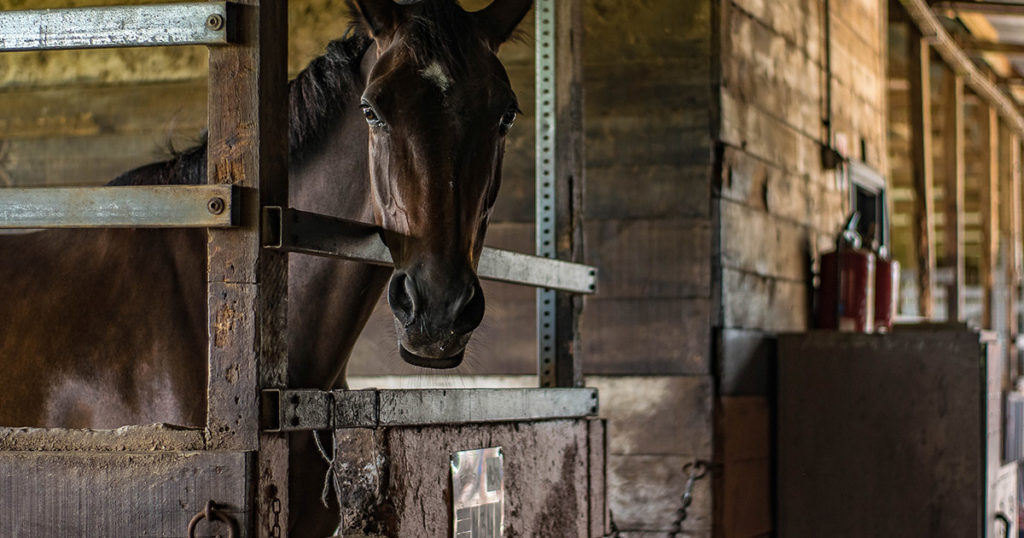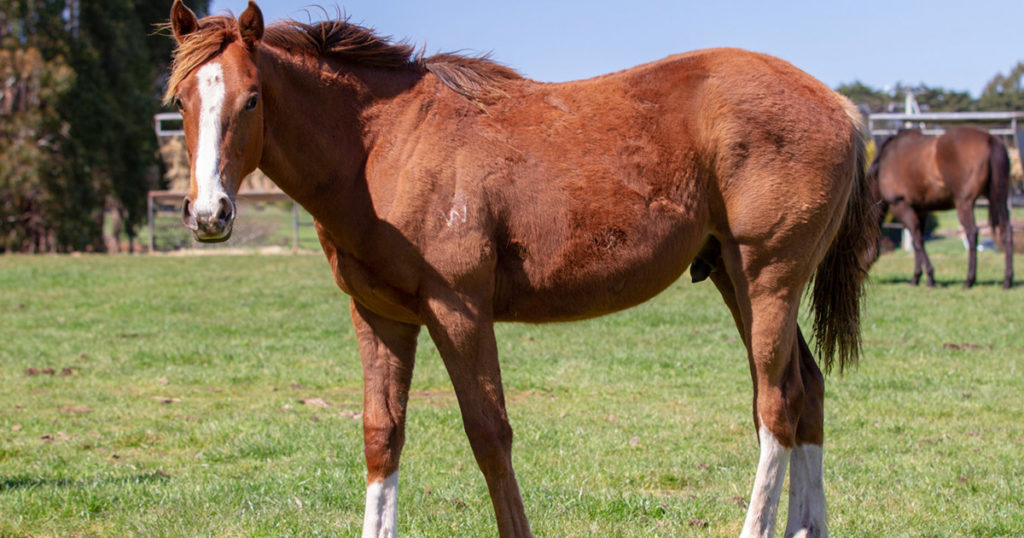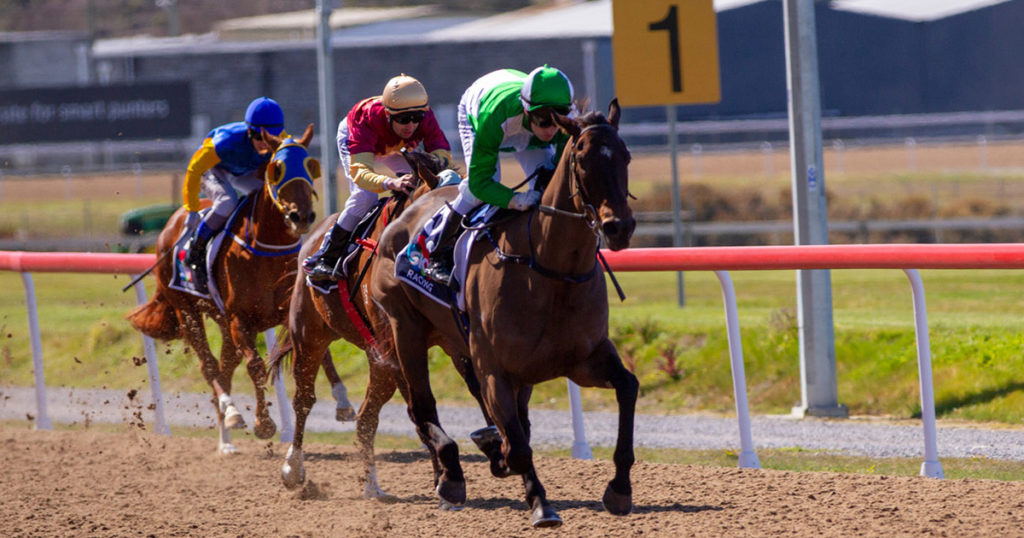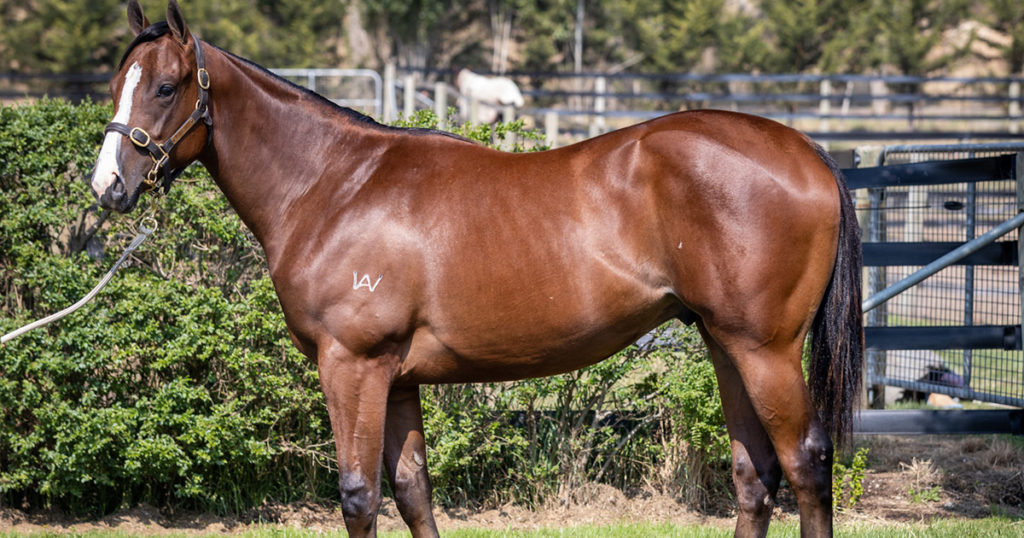Ammonia- the colourless gas associated with the pungent, eye watering smell when you enter some barns and when you muck out stalls- comes with some profound health effects on the horse. These effects are even more significant given many horses which are stabled are performance horses, newborn foals and/or horses who are stabled to help recover from injury or illness….
In barn settings, ammonia is produced when the urea in urine hydrolyses (breaks down) through the action of the enzyme urease. Urease is a protein found in bacteria associated with faeces and stable flooring materials that have been fouled with faeces.
Ammonia can cause inflammation and irritation of both the upper and lower airways and can lead to the development of pulmonary oedema. Horses which are stabled have demonstrated more signs of respiratory inflammation than horses turned out at pasture.
Ammonia sets up an inflammatory cascade in the respiratory tract: increasing mucous production; interfering with the action of cilia (microscopic hairs which line the airways and help to prevent dust and debris from going further down the respiratory tract); and adversely affect immune function and health in the horse.
The negative effects of ammonia are further compounded by poor ventilation in the barn, dust and other particulates inhaled by the horse.
The good news is there are many practical strategies which can be employed to help reduce ammonia build-up in the stable:
- Provide excellent barn ventilation and where possible, avoid closing up the barn.
- Ensure stalls are cleaned once or twice daily to remove all urine-soaked bedding. Ensure stalls are stripped at least twice weekly.
- Ensure horses are removed from stalls whilst mucking and cleaning to minimise exposure to ammonia gases that are stirred up with pitching the bedding and raking.
- Use highly absorbent bedding materials.
- Mix an ammonia-neutralising product with clean bedding.
- Provide good drainage in stables and barn aisle ways to facilitate exit of urine. If matting is used in stalls, regularly clean under the mats when possible.
- Open windows where possible.
- As much as possible, keep horses outside or turn them out regularly to offer a clean air environment.
Treating horses with specific therapeutic herbs and nutrients can help to reduce inflammation and mucous production, in addition to supporting immune function. The most effective results are obtained however, when therapeutic intervention is used in conjunction with addressing the causative factors (such as ammonia and environments high in dust and other particulates). If the cause(s) is/are not addressed, then the initiating factor(s) of the irritation remain….

Camilla Whishaw is a highly regarded, experienced horsewoman and naturopath, helping to holistically treat and manage a broad range of equine health conditions and injuries, with a passion for mare and stallion fertility.
As a world-renowned practitioner, presenter, author, and consultant in the field of Equine Naturopathy, Camilla shares her knowledge through keynote presentations, interviews, lectures, panel sessions, and workshop training.





